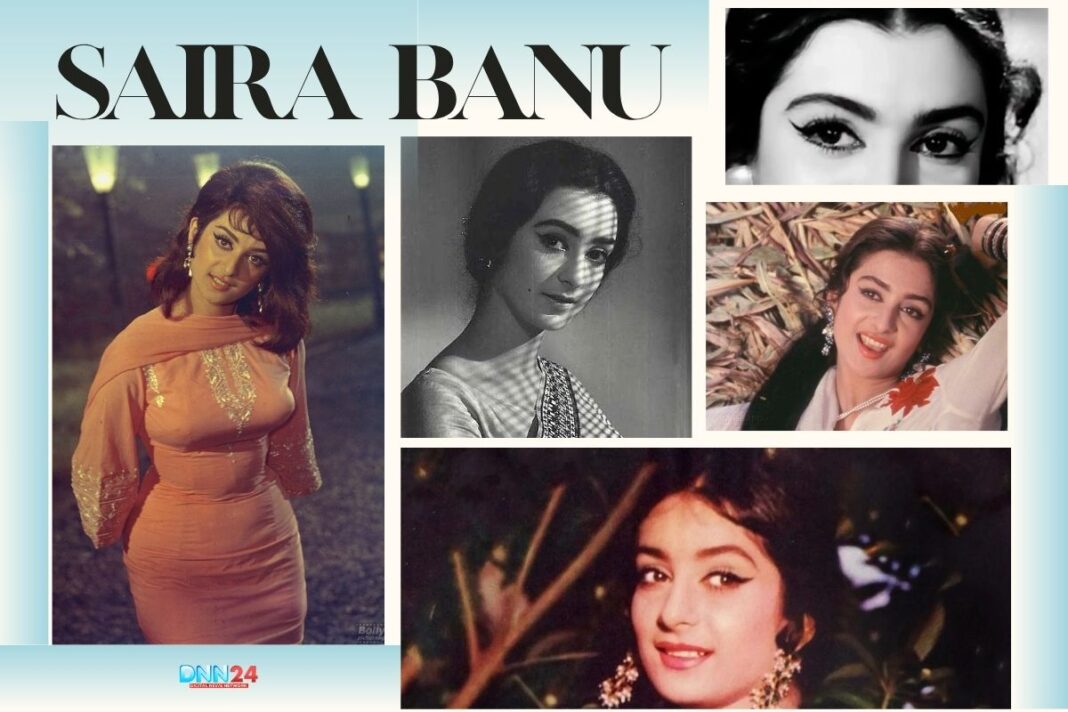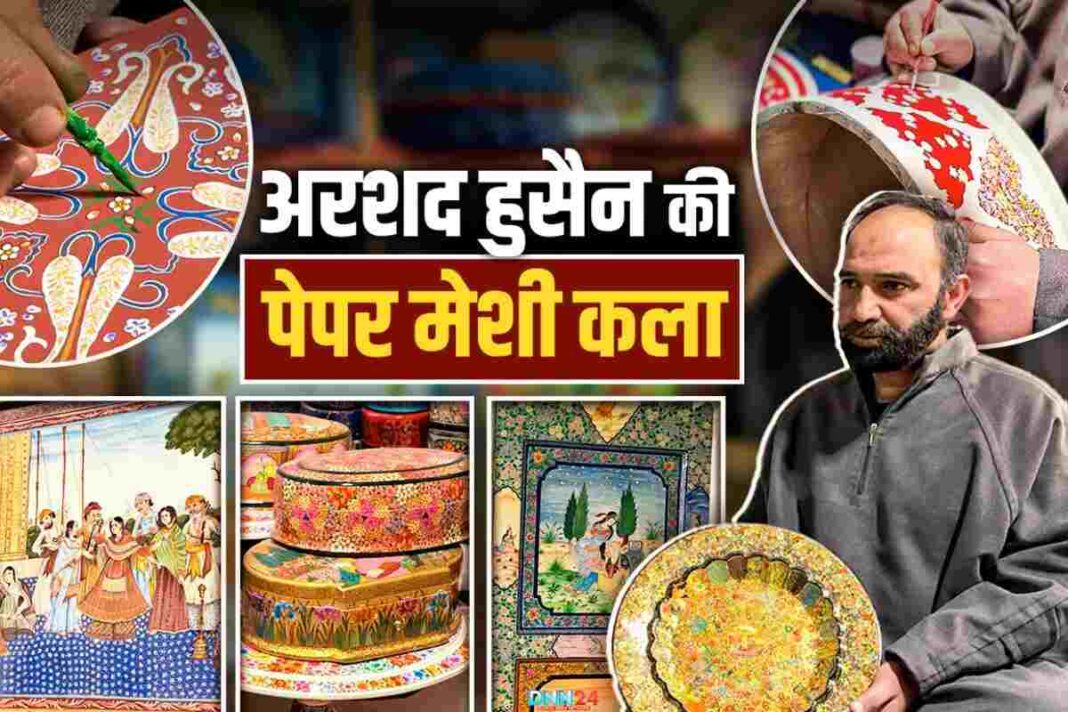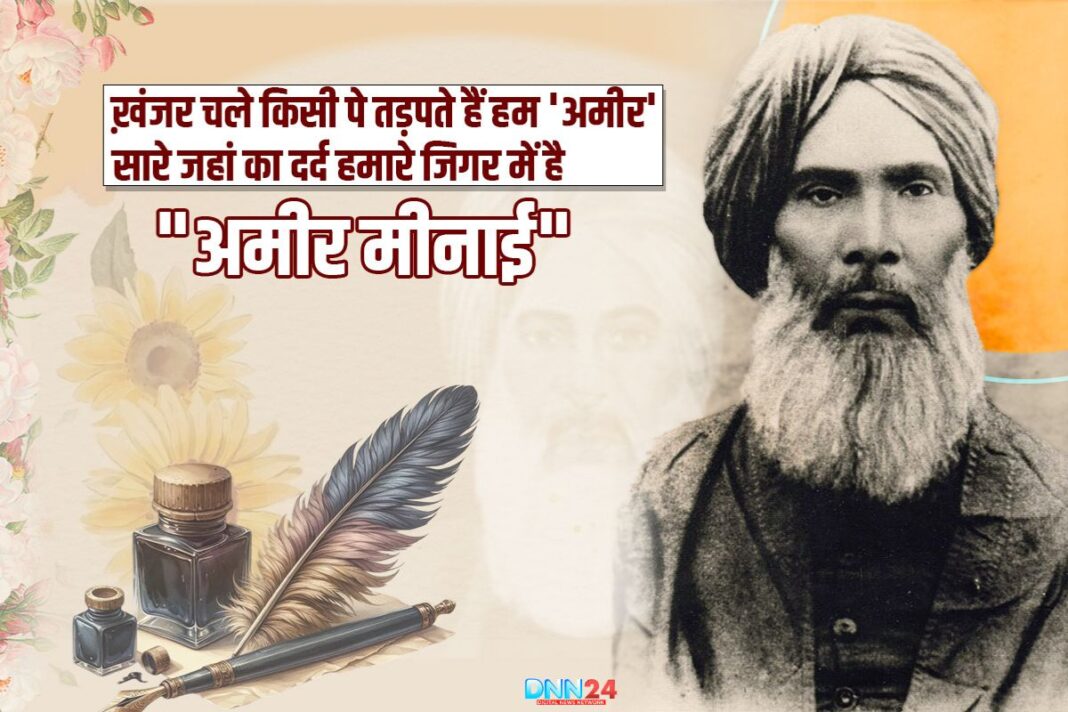It was a beautiful, misty morning in August 1944, and on the peaceful hillside of Mussoorie, a future queen of Indian cinema could draw the first breath of her life. Saira Banu’s birth was nothing short of magical – her mother, the legendary Naseem Banu, known as ‘Pari Chehra’ (the fairy-faced), had sought the peaceful mountains for this blessed moment.
Born into a family where art flowed like sacred rivers, Saira’s destiny was written in the stars. Her mother, Naseem Banu, was also a renowned actress whose beauty and grace entrenched souls in the entire country. Her father, Mian Ehsan-ul-Haq, was a film producer who knew the magic and challenge of cinema.

Having grown up in this environment, young Saira listened to all the stories about silver screen dreams. She learned that you need not only talent to be successful but also dedication, values, and pure determination.
The Musical Soul The artistic quality is a gift of the past
It was not only because Saira was a part of the cinematic world but also because she embodied a cultural wealth of artistic heritage that ran through her blood. Her grandmother, Shamshad Begum, was an outstanding woman who earned mastery in classical music under the great Ustad Hussein Baksh Khan. When she sang, people said it was like listening to the divine melody of a sarangi – so pure that it seemed like Allah’s light was flowing through her voice.
This musical background created an atmosphere in which being an artist was not just a career but a way of life. Young Saira lived in a language in which music and poetry were like air, every dialogue had the beats of creativity, and every word had the sound of cultural diversity.
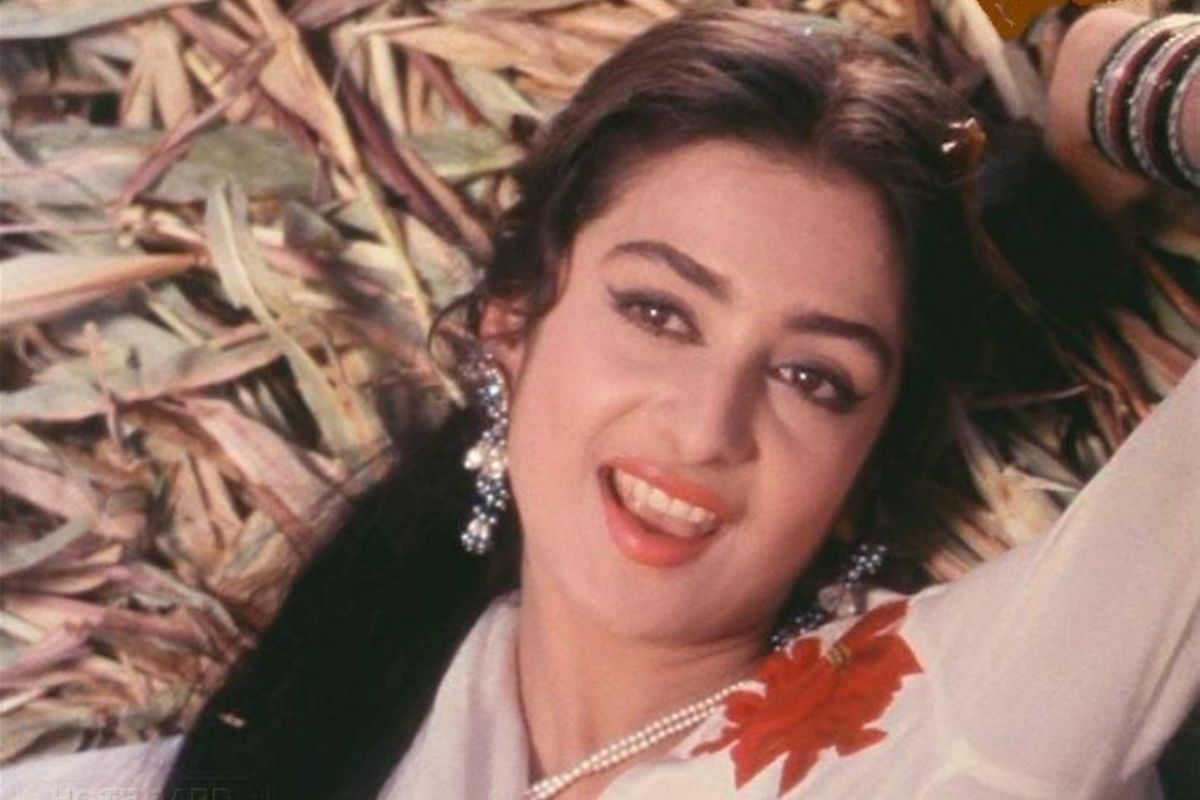
Her grandmother’s connection to the Nawab of Asandpur added royal grace to the family’s artistic excellence. This upbringing gave Saira the poise and elegance that would later make her stand out in an industry full of talented performers. The family was small but deeply connected – Saira, her brother Sultan, their devoted mother Naseem Banu, and their musically gifted grandmother, all living together in harmony, creating memories that would forever shape a future star’s character.
London Days: The Making of a Lady
Understanding the importance of education and wanting to protect their children from the unpredictable world of cinema, Saira’s parents boldly decided to transform her personality forever. They sent Saira and her brother Sultan to London for their education, ensuring they received the finest upbringing away from the film industry’s chaos and uncertainties.
Young Saira learned lessons far beyond textbooks in London’s prestigious private schools. The strict discipline, the emphasis on proper conduct, and the refined atmosphere taught her humility and grace that would become her trademark throughout life. Students were expected to speak softly, look down respectfully when addressed, and always maintain impeccable manners.
The Fateful Discovery: When Stars Aligned at Mehboob Studios
During one of her holiday visits to India, the film industry first glimpsed the future queen who would rule hearts for decades to come. At the glamorous parties held at Mehboob Studios, where the who’s who of Bollywood would gather, young Saira accompanied her family, carrying herself with such natural elegance that she became the center of attention without even trying.
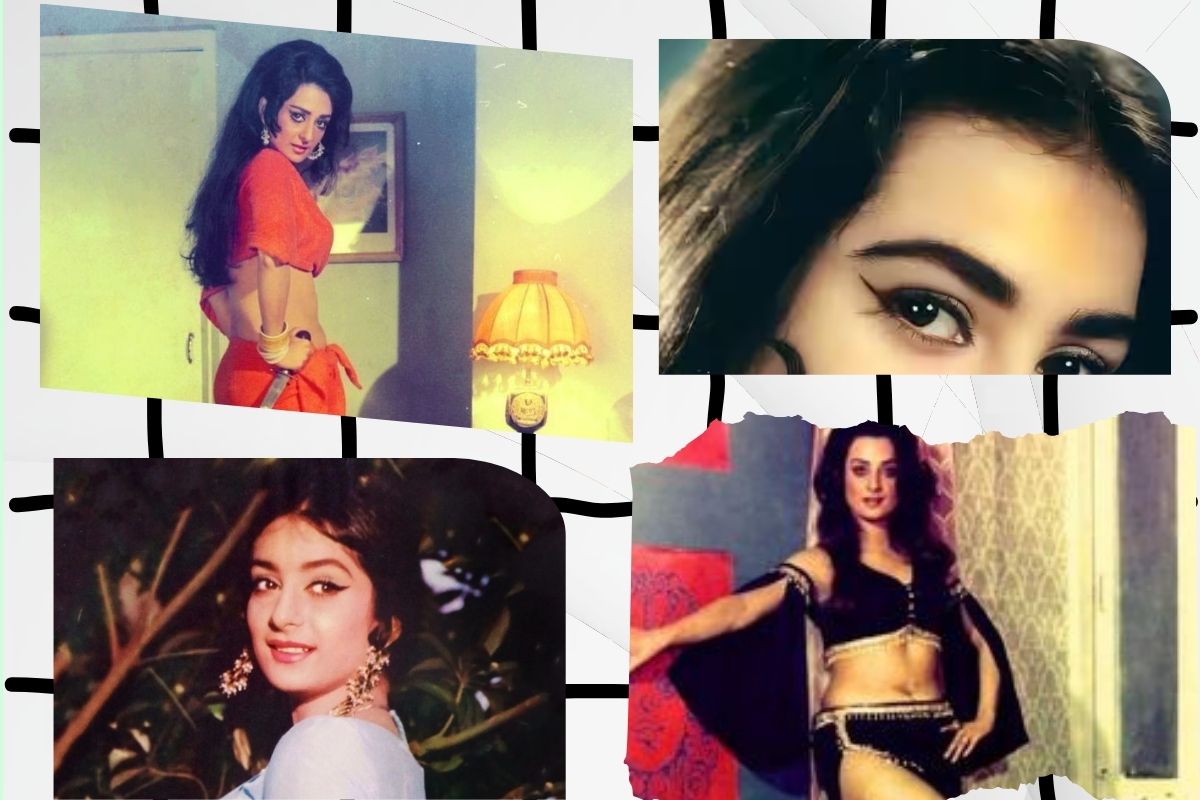
1961 was a turning point – the industry was looking for fresh faces. When people saw this beautiful teenager with her perfect combination of grace, intelligence, and natural charm, word spread like wildfire through film circles. Being Naseem Banu’s daughter certainly added to her appeal, but Saira’s magnetic personality caught everyone’s eye. Prominent filmmakers like Ramananand Sagar and others began approaching her family with lucrative offers.
Junglee: The Dazzling Debut That Changed Everything Forever
At just 16, Saira Banu stepped into the magical world of cinema with “Junglee” opposite the energetic Shammi Kapoor, and nothing was ever the same again. The film became a roaring success, instantly transforming her from a star-struck teenager into a household name nationwide. Behind the scenes, however, the journey was filled with nervous excitement, touching moments, and valuable lessons that would shape her entire career.
One particularly memorable incident during the shooting could have broken a lesser person’s spirit. When Saira, being new and naturally nervous, was having difficulty with her performance, Shammi Kapoor, perhaps impatiently, made a cutting remark questioning why she had come to act if she didn’t know how to perform.
Instead of giving up or feeling defeated, this incident became a turning point that revealed Saira’s true character. Her London upbringing had given her inner strength, and her family’s artistic background had taught her the value of perseverance. She worked harder, proved her mettle, and “Junglee” became the perfect launching pad for what would become one of Indian cinema’s most successful careers. The legendary filmmaker Subodh Mukherjee’s belief in her youthful energy and mischievous spirit proved correct.
The Venus of Indian Cinema: Rising to Unprecedented Heights
Following the success of “Junglee,” Saira’s rise to fame was nothing short of meteoric. She quickly became one of Bollywood’s most sought-after actresses, delivering hit after hit with films like “Bluff Master” (1963), “Ayee Milan Ki Bela” (1964), “Padosan” (1968), and “Victoria No. 203” (1972). Her performances were marked by a unique blend of innocence and vivacity that made her a favorite among directors, co-stars, and audiences.
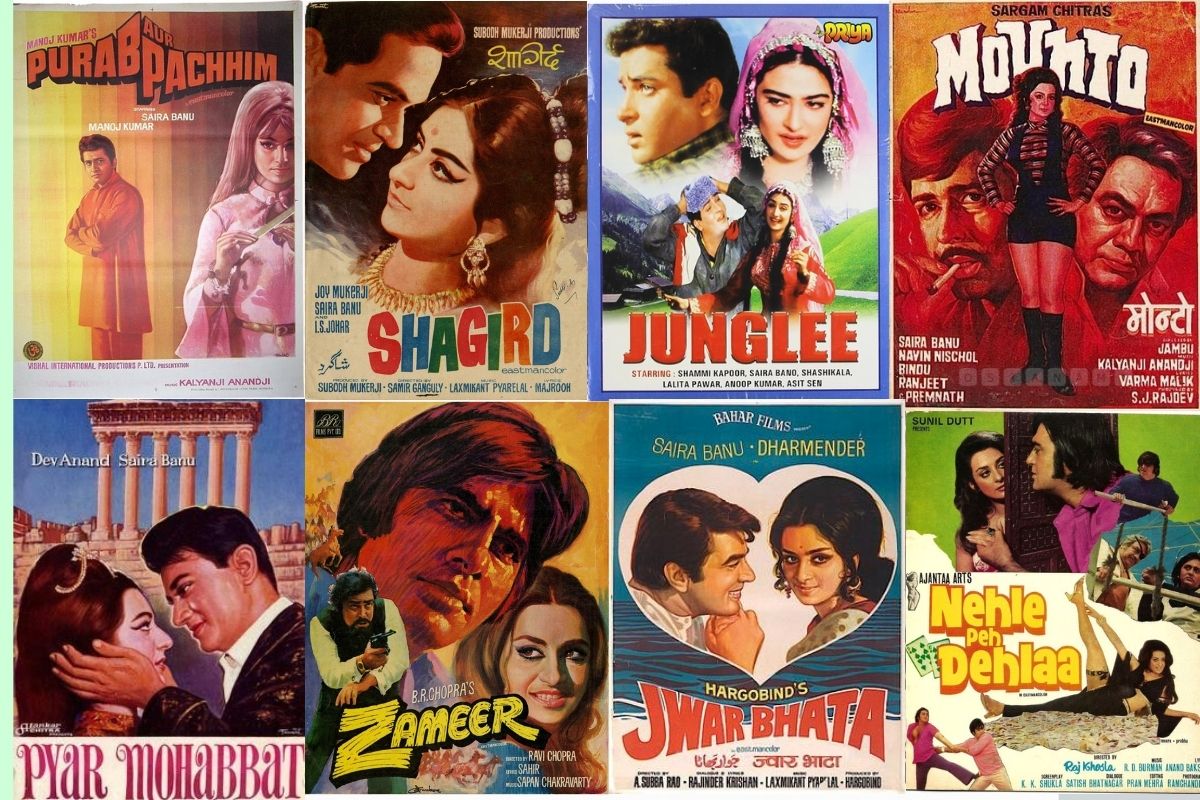
Yet behind the glamour and success, Saira’s journey was filled with challenges that tested her resilience and determination. She often faced immense pressure to live up to her mother’s legendary status while establishing her identity in the competitive world of cinema. Working tirelessly, sometimes shooting for multiple films simultaneously, she constantly pushed herself to deliver memorable performances that would stand the test of time.
However, Saira’s inner strength always shone through the darkest moments. Her four Filmfare Award nominations testify to her exceptional talent and unwavering dedication. Her ability to balance vulnerability with strength on screen made her characters relatable and inspiring, especially for young women who saw in her a symbol of grace under pressure.
The Magic of Padosan: Comedy Queen with Perfect Timing
One of Saira’s most beloved and memorable films was “Padosan,” which showcased her incredible comic timing and natural acting ability like never before. Working alongside comedy legends like Mehmood, Kishore Kumar, and Om Prakash – all masters of their craft – was challenging and immensely enriching for the young actress still learning the nuances of different genres.
During the shooting, the comic scenes were so hilariously crafted and performed that Saira would often break into uncontrollable laughter, unable to maintain her composure during the takes. Directors frequently had to call it “cut” because she couldn’t control her genuine amusement at her co-stars’ brilliant performances. The natural chemistry between all the actors was so authentic that it translated beautifully onto the silver screen, creating magic that audiences still cherish today.
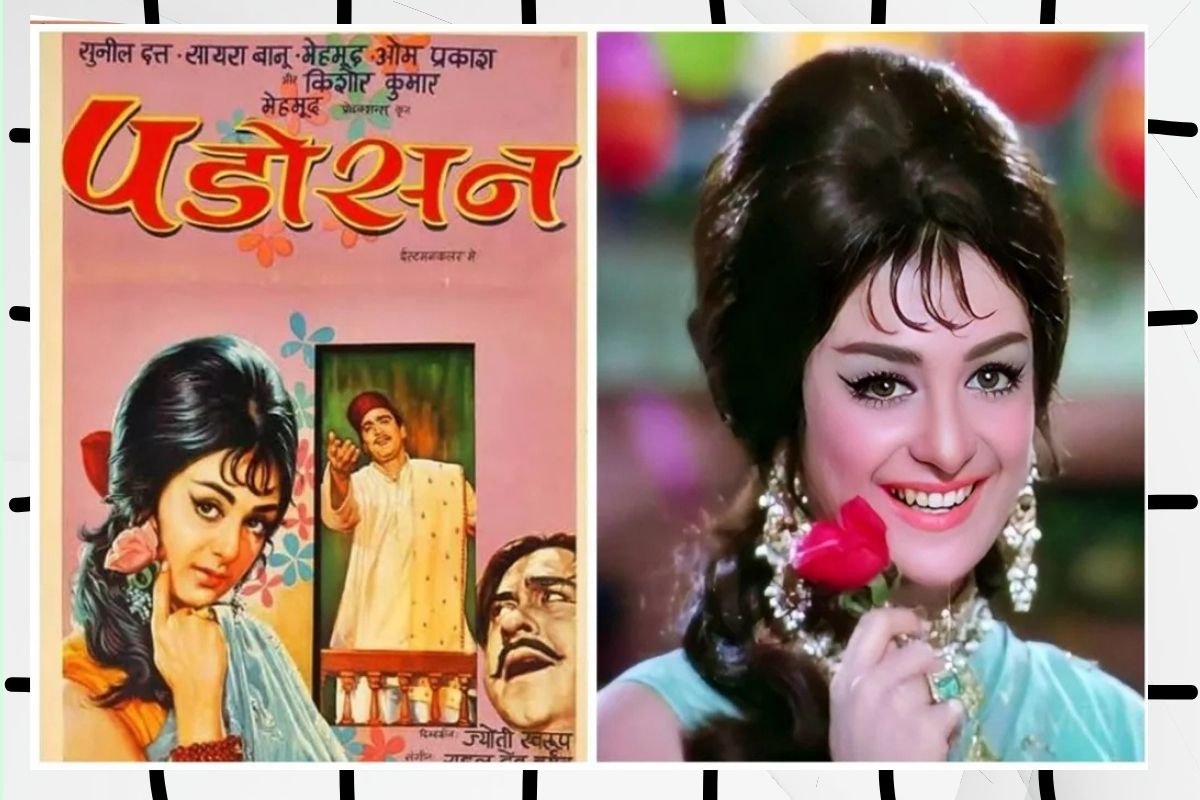
“Padosan” proved beyond doubt that Saira was not just another pretty face in Bollywood but a versatile actress who could handle comedy, romance, and drama with remarkable ease and authenticity. Her performance in this film remains one of the most treasured in Indian cinema history. Even decades later, people remember her infectious charm, innocent expressions, and perfect comic timing, making every scene she appeared in delightful and memorable.
A Love Story for the Ages: The Dilip Kumar Chapter
One of Saira Banu’s life’s most touching and inspirational aspects is her legendary love story with the great thespian Dilip Kumar. This romance captured the imagination of an entire nation and continues to inspire generations. When they married in 1966, despite a significant age difference and intense public scrutiny, their relationship was built on an unshakeable foundation of trust, devotion, and unconditional love.
Saira often spoke about how she never doubted or questioned Dilip Kumar, drawing inspiration from a profound line in her film “Hera Pheri”: “Mohabbat mein sawaal nahin kiye jaate” (In love, no questions are asked). This beautiful philosophy became the guiding principle of their marriage, allowing their bond to flourish without the burden of doubts, insecurities, or unnecessary complications.

Even during the most difficult times, Saira’s unwavering faith in her husband became a powerful example of true partnership and genuine love. She embraced every aspect of Dilip Kumar’s life with open arms, supporting him through thick and thin, finding comfort in their shared silences, and celebrating their joyous moments together. Their remarkable 55-year journey was much more than mere companionship – it was about accepting each other’s strengths and weaknesses, standing by one another through every storm, and growing together as individuals and as a couple.
Unheard Stories: The Heart of Gold Behind the Glamour
While Saira Banu’s on-screen persona was a glamorous diva who could light up any frame with her presence, her real life was filled with countless moments of humility, kindness, and quiet strength that revealed her true character. She regularly went out of her way to help those in need, whether it was supporting struggling co-stars financially, standing up for junior artists on film sets, or using her influence to solve problems for people who had nowhere else to turn.
Saira was legendary for her generosity, often sharing her success and good fortune with those around her who were less privileged or going through difficult times. She also faced significant personal challenges with remarkable courage and dignity. Despite not having children – something that society often questioned or pitied her for – Saira found complete fulfillment in her marriage and work, never allowing external expectations or judgments to define her happiness or self-worth.
Although her decision to take early retirement from films shocked many industry insiders and fans, it was rooted in her desire to prioritize her personal life and overall well-being over professional achievements.
The Choices That Defined Her: Films She Didn’t Do
Success in Bollywood often comes with difficult choices and sacrifices, and throughout her illustrious career, Saira had to make several crucial decisions that would shape her professional journey forever. One of the most talked-about films she refused was the iconic “Guide” with Dev Anand, where she was the first choice for the female lead role that eventually went to Waheeda Rehman.
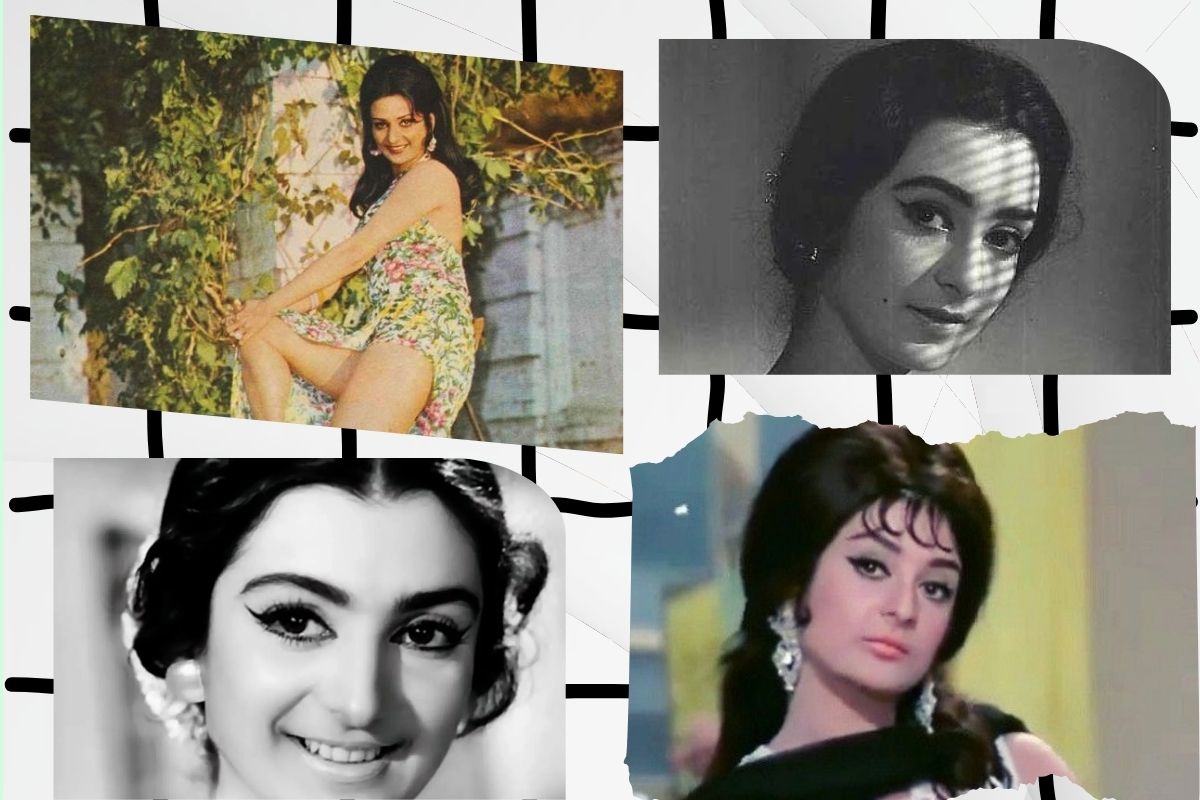
At that time, Saira felt the role was too small for someone of her stature, as she was already busy with other significant projects that offered her more substantial characters and better screen time. Another prestigious opportunity that came her way was a film with the legendary Guru Dutt. Still, again, timing and other professional commitments prevented her from accepting what could have been another milestone in her career.
These decisions, while difficult and sometimes criticized at the time, clearly demonstrate her commitment to quality over quantity and her clear vision about her career trajectory. She preferred to do fewer films but ensured that each one was meaningful and substantial and added significant value to her impressive portfolio.
Legacy of Grace: The Eternal Beauty Who Redefined Stardom
Even today, decades after she stepped away from the silver screen, when people think of grace, elegance, and timeless beauty in Indian cinema, Saira Banu’s name emerges naturally and effortlessly. Her beauty was never external but radiated from deep within – a magnificent combination of her refined upbringing, strong moral values, and genuinely warm personality that touched everyone who met her.
She represented a golden era when actresses were not merely performers but also inspirational role models who carried themselves with dignity and class on and off screen, setting standards many still aspire to achieve. Her contribution to Indian cinema extends far beyond her memorable films and performances. She brought a certain sophistication and elegance to the industry, profoundly influencing an entire generation of actresses following in her footsteps.
Also Read: Mumtaz Askari: The Golden Heroine Who Rose, Fought, and Shined
You can connect with DNN24 on Facebook, Twitter, and Instagram and subscribe to our YouTube channel.

